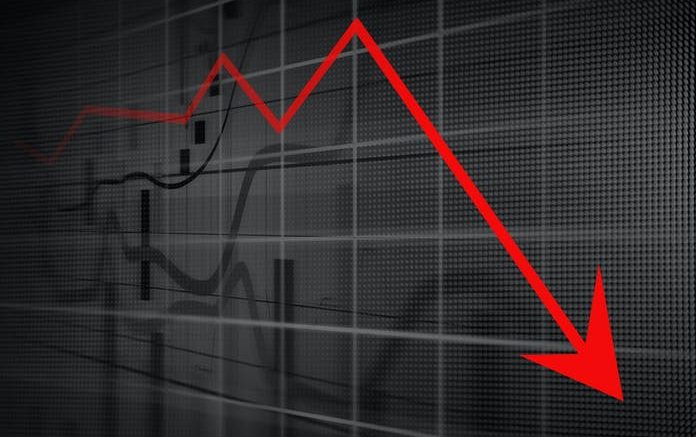The pandemic has left the entire world in a tizzy, relentlessly shattering societies and economies.A jaw dropping example of this happened yesterday as oil crude prices dropped to sub zero levels in US oil trading. Sellers were actually paying buyers to buy.* In these unprecedented times many large corporations and governments are still trying to put up a brave front, but a recent announcement by the IMF says that GDP per capita will shrink across the world due to the coronavirus pandemic. According to news reports of projections of the United Nations University (UNU), in the worst case scenario, 104 million more people in India could fall below the World Bank-determined poverty line. The government and central banks of countries are scrambling to put together stimulus packages, but they too are struggling due to the lack of knowledge about when and how the pandemic will end. *Kerala is a state which has done particularly well in implementing the lockdown and the government has received overwhelming support from the public too. It will be a model for other states to emulate.
As consumer habits change, demand levels have fallen to historically low levels, and the biggest challenge before the community now is to stimulate the demand to pre-covid levels.Business which can crack this code will be well placed to navigate the rough waters of the post pandemic economy. Key consumer behaviour shifts expected to emerge are price sensitivity, enhanced value expectations from brands and rewards for customer loyalty. Companies who are able to address these can expect to retain customer loyalty.
Experts across the world are now speaking about the changes that will reflect in society due to the effects of behavioural change among all sections of society. It is highly possible that there will be substantial changes in the ways we work, socialise and spend time together. Business to customer interactions and vice versa, will increasingly shift online and the preferred models of distribution for consumer services will be virtual or physical delivery at home. People will start spending less on discretionary and pleasure related purchases due to the lack of availability and also due to a change in spending habits because of the changes in society. There will be a shift towards purchases of less expensive brands of all items like cars, clothes and even food and drinks. Many of the purchase decisions will be fuelled by lack of money and buying desire, but also because manufacturers will not be able to sell their products in physical stores like they used to. Globally, we seem poised to enter a phase of a minimalist consumerism, where more and more people consume less and less.
How will this impact businesses trying to stay connected and relevant in the face of drastically changed consumer behaviour? Marketers will have to use data points to understand the consumer behaviour of different groups of customers and craft their communications accordingly. Brands and companies already engaging with consumers digitally will have a distinct advantage over others. All brands will increase focus and spending on digital media, therefore, communicators will be challenged to find innovative ways to create differentiation in their campaigns. Many companies will rejig their product and brand portfolios as they stop less profitable brands and focus on the more profitable ones.
There will be a huge need to stay connected with customers and other stakeholders and protect the brand equity that has been built up over time, especially for legacy brands. Corporate communicators and PR professionals would play a key role in this period of tumultuous change by helping keep the business legacy alive. Periodic and consistent communication with customers and crafting campaigns that help keep the brand relevant will be the key to help brands overcome the transition to the post lock down phase of the pandemic. Several brands are attempting to do this in innovative ways. Airlines and travel companies are offering health advisories on their websites and shoe brands are asking customers to use shoes to exercise at home instead of stepping out. Retail shopping stores are sharing ‘stay at home’ emails which tell customers about the various activities they can do at home to stay fit and a liquor brand is telling people what are the other things to get hooked on, like reading, meditating and music.
The coming new age of minimalist consumerism can be exemplified by the old Kishore Kumar song, “Thoda hai, thode ki zaroorat hai” says my old friend Ajay Kaul, Senior Director, Everstone Group. For all of us in business and society, the post COVID era is going to be a brave new world, full of challenges and surprises but full of potential too. After hitting the bottom, the only way to go from here is up!
The views and opinions published here belong to the author and do not necessarily reflect the views and opinions of the publisher.



Be the first to comment on "COVID 19 aftermath: The emerging trend of ‘Less is More’ will change society, business & communications"